There’s a reason why plastic is so widely used despite all the campaigns against its negative impact on the environment. They’re cheap to make, somewhat durable, and quite long-lasting. That last part is, of course, the problem with this material, especially when they end up in our waters. The ideal solution would be the completely get rid of the use of plastic, but that is neither realistic nor feasible in the short run. In addition to reducing our reliance on this harmful material, we also have the ability to repurpose plastic these days and use them in ways they weren’t initially designed for. They can, for example, become the foundations of other products, like these pendant lamps that take those ocean-bound wastes and transforms them into beautiful pieces for your home.
Designer: LightArt
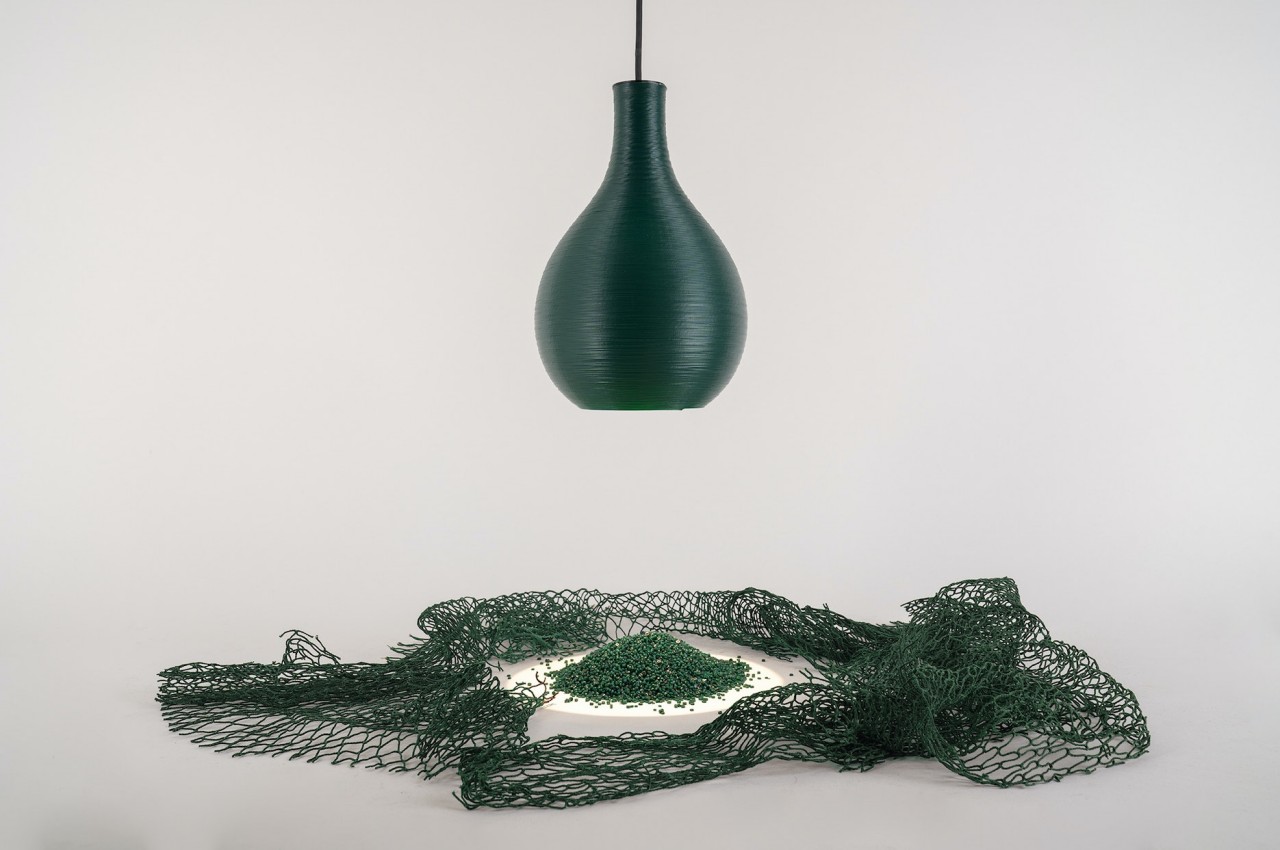
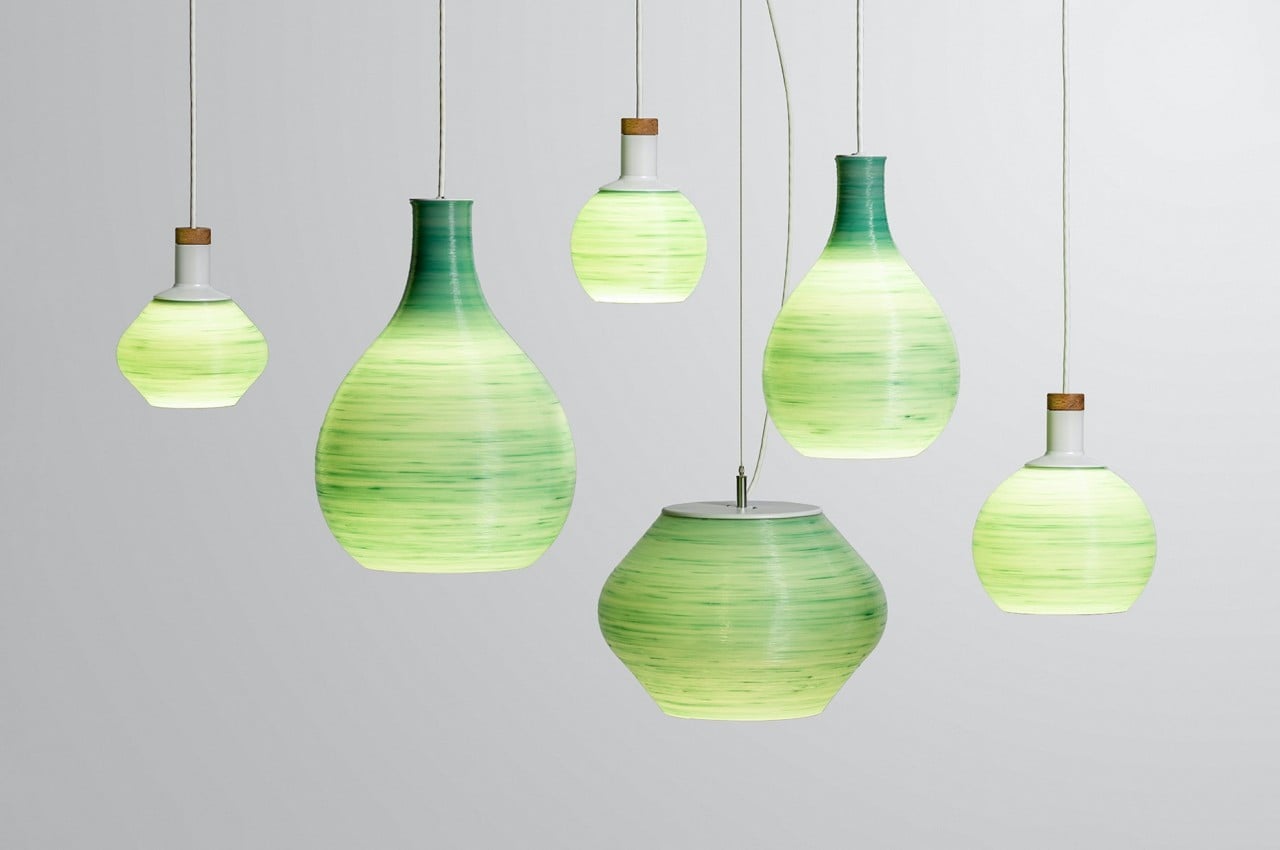
We always hear the exhortation to reuse or recycle plastic, but, truth be told, there is only so much you can do with used products, at least without changing them drastically. It admittedly takes a lot more energy to actually break down plastic into new usable material, but it also offers more flexibility in what can be made, especially with today’s 3D printing technologies. These lamps, for example, use 100% recycled polypropylene plastic that has been turned into pellets that are then fed to 3D printing machines.
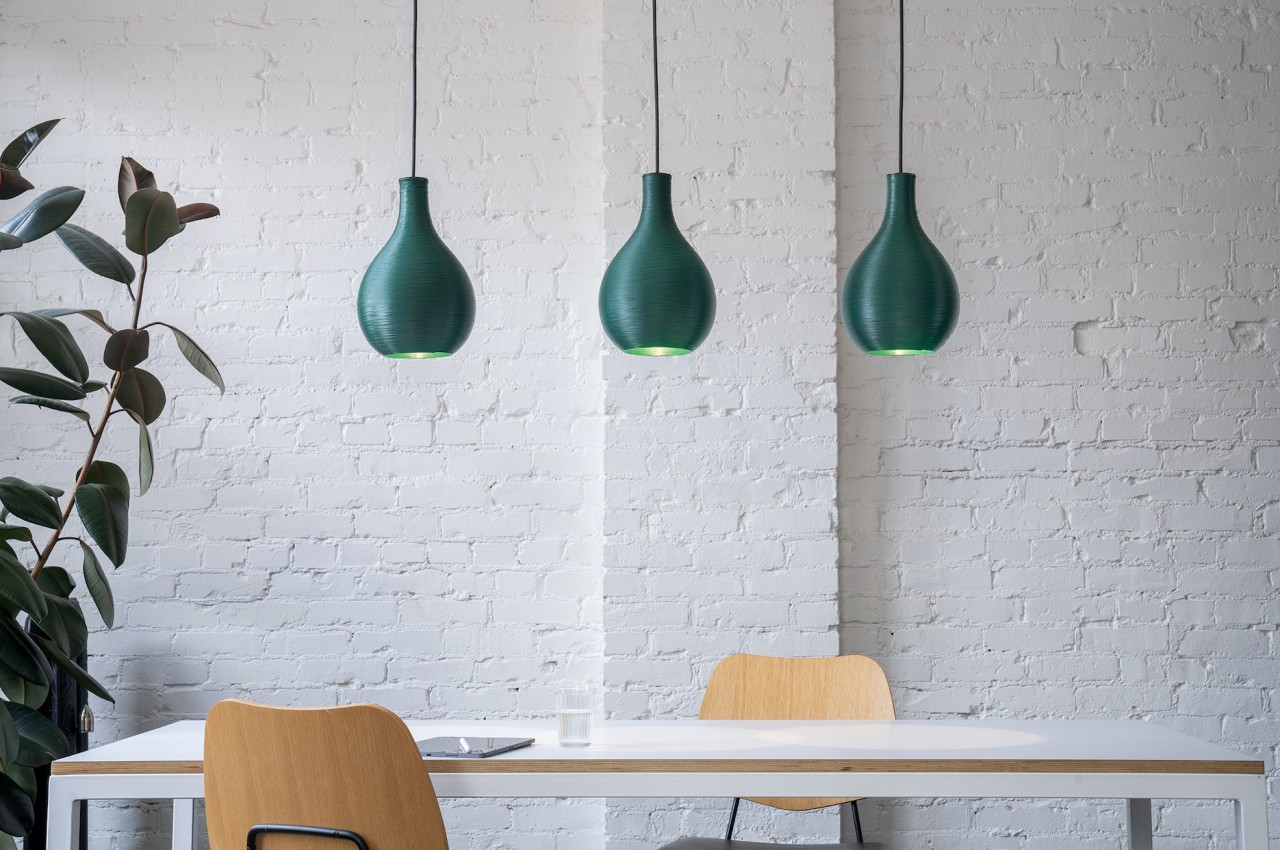
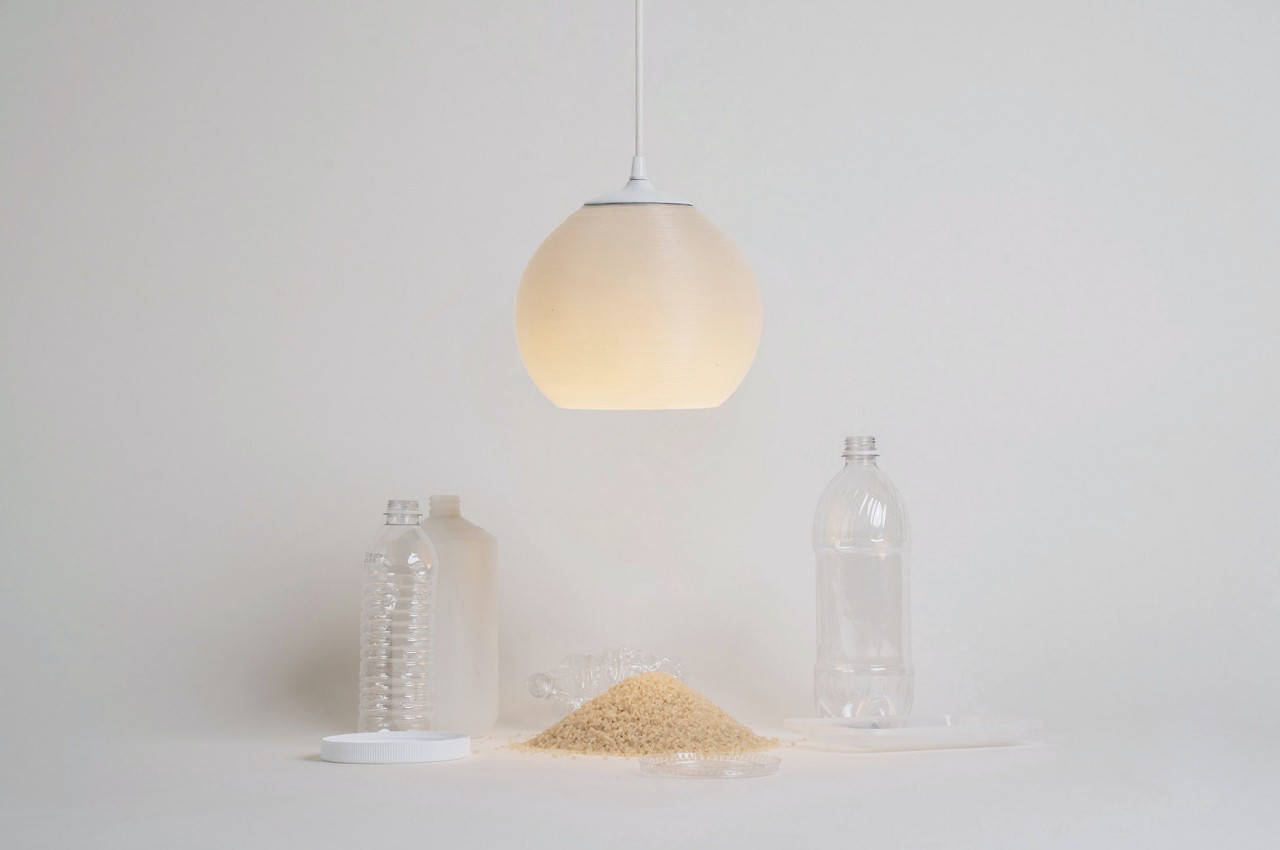
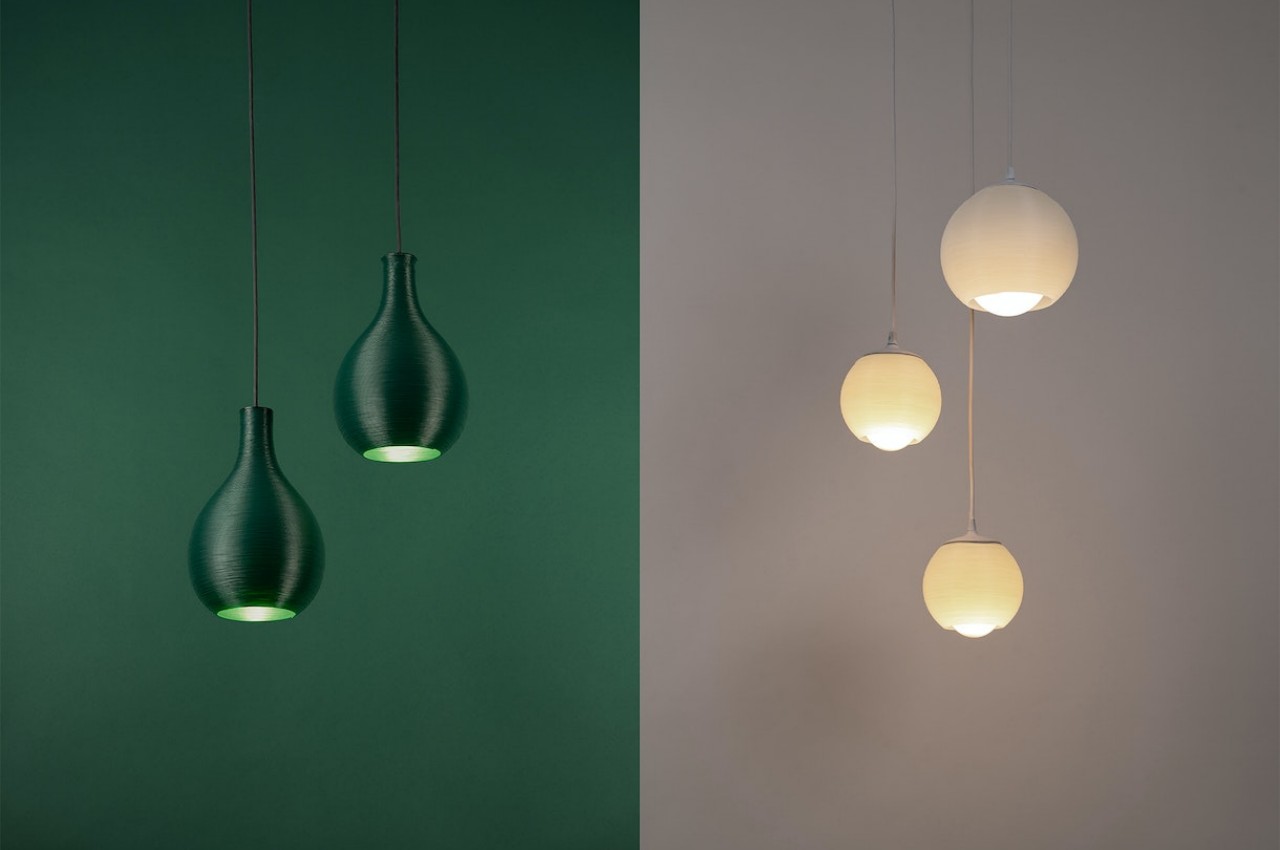
That process is the simplified version, however, because different kinds of plastic result in different properties. Nearshore plastic like fishing nets, trawls, and ropes, for example, result in a greenish color that gives the Seagrass pendant lamps their verdant hues. The creamy tones of the Sea Foam set, on the other hand, are the result of using ocean-bound plastic bags and water bottles without additive coloring.
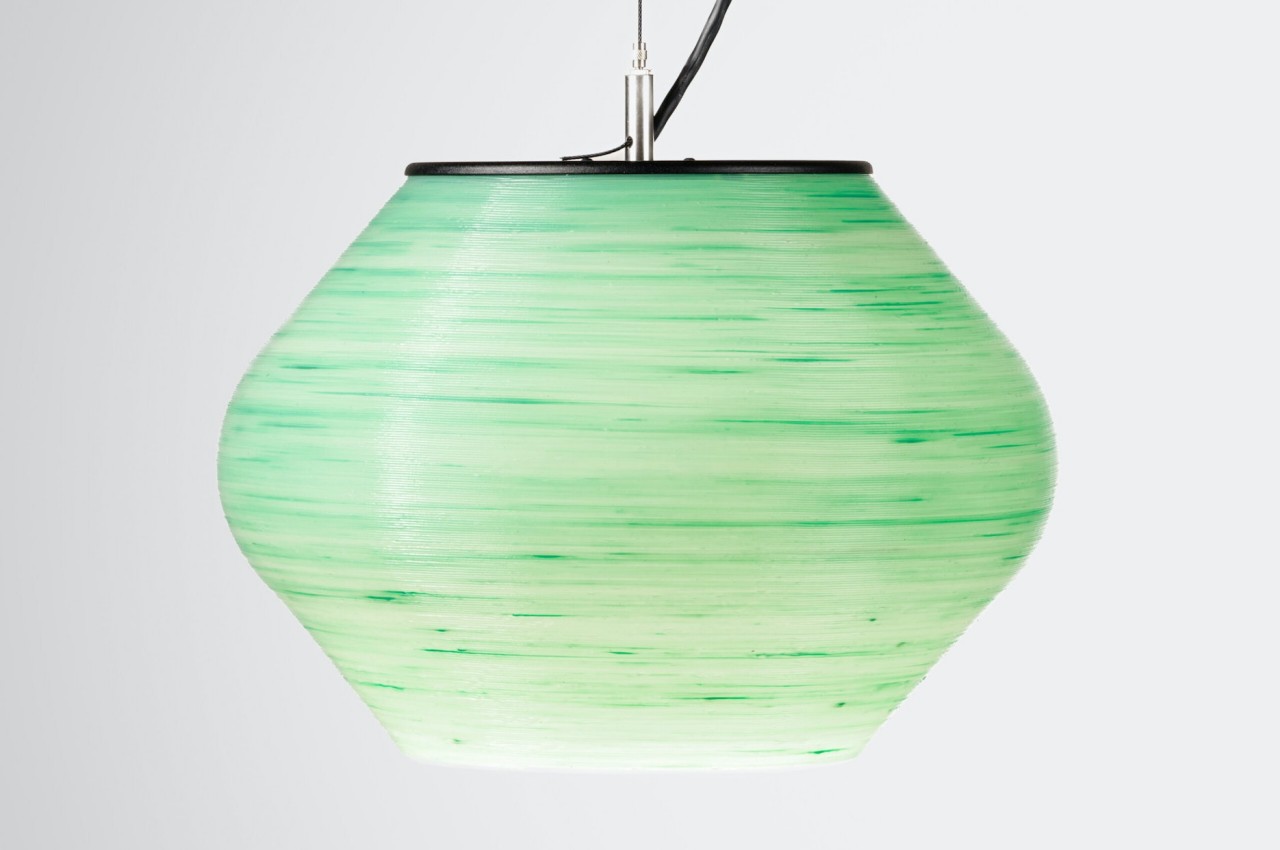
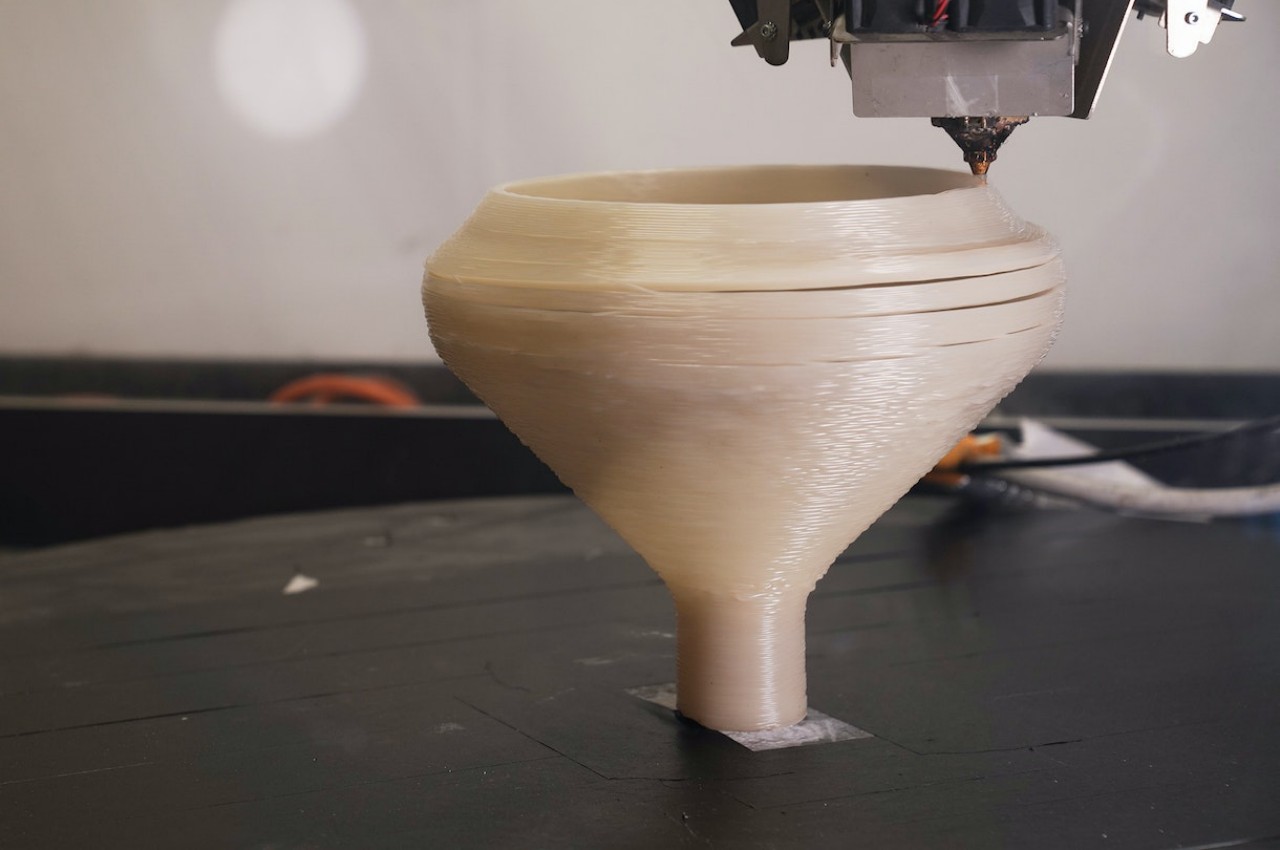
The Ocean Coil pendant lamp collection isn’t just about upcycling plastic, however. There is also clear craftsmanship involved, especially in how the lamps look like hand-spun pottery. You definitely wouldn’t have guessed they were practically made from trash because of their elegant appearance, which is precisely the point. The lamps prove that there doesn’t have to be any significant difference between products made from virgin plastic and those spun from recycled ones.
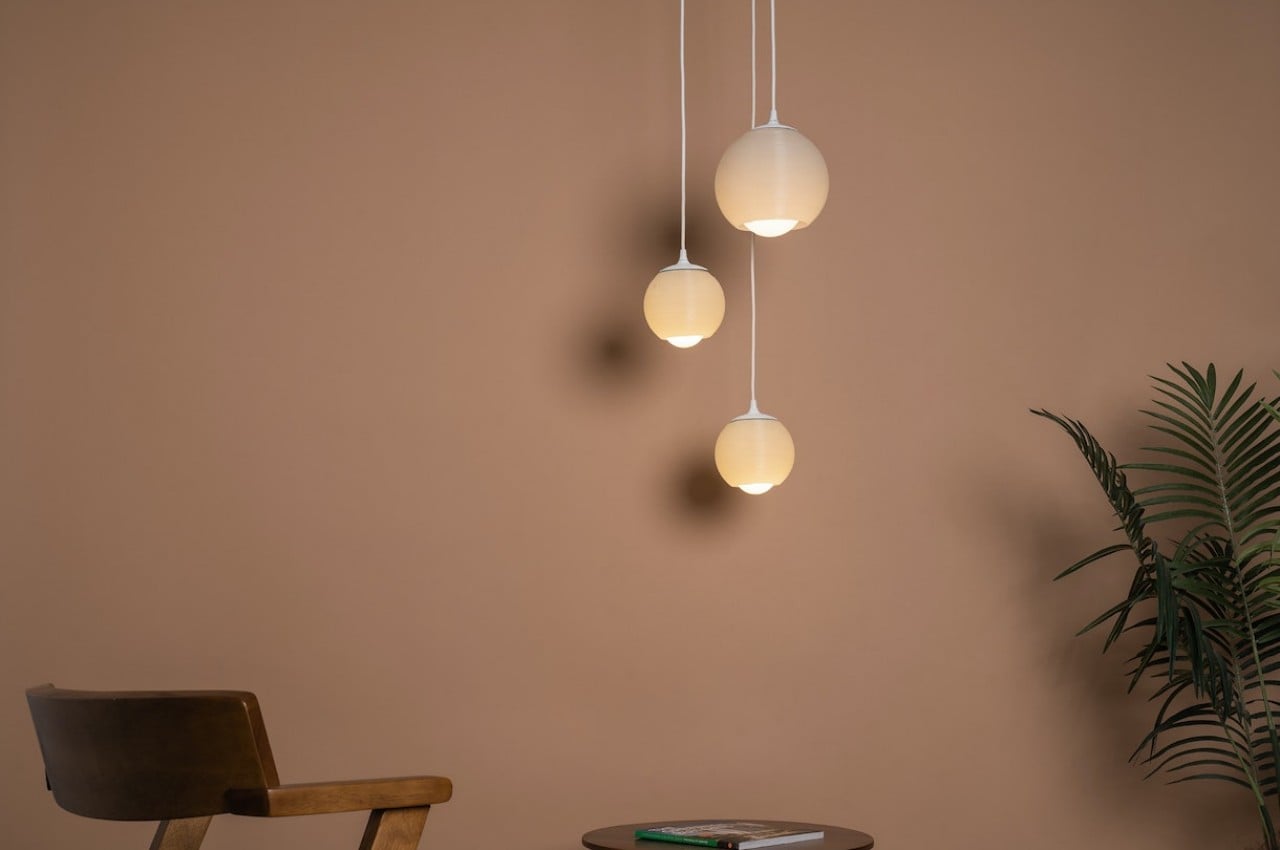
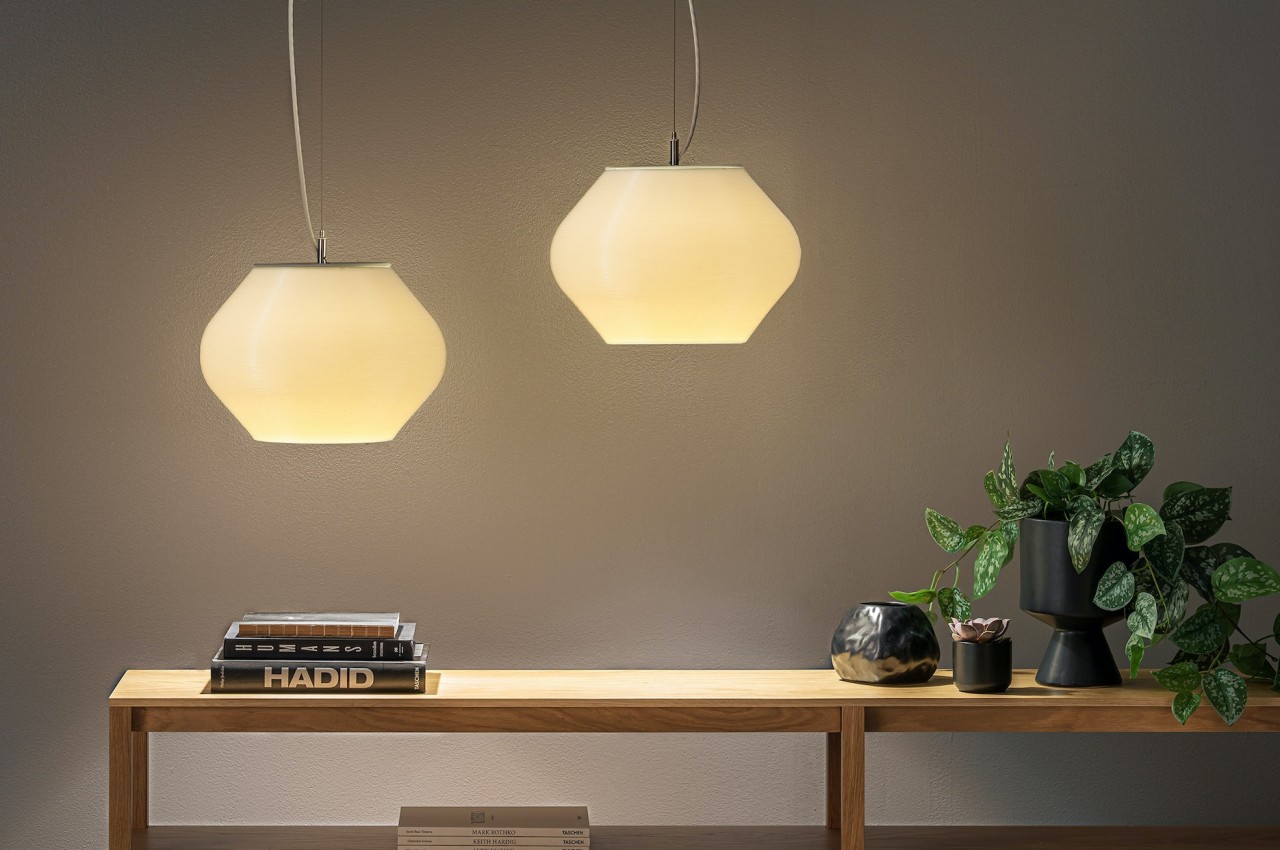
Of course, the process of turning recycled plastic into stunning products isn’t an easy one, at least not yet. There is definitely plenty of room for improvement, especially in minimizing the energy and water requirements when turning plastic into usable pellets. There’s also research to be done on how to better handle this relatively new material, but as the Ocean Coil pendant lamp collection proves, it’s definitely worth all the time and effort in making this journey.
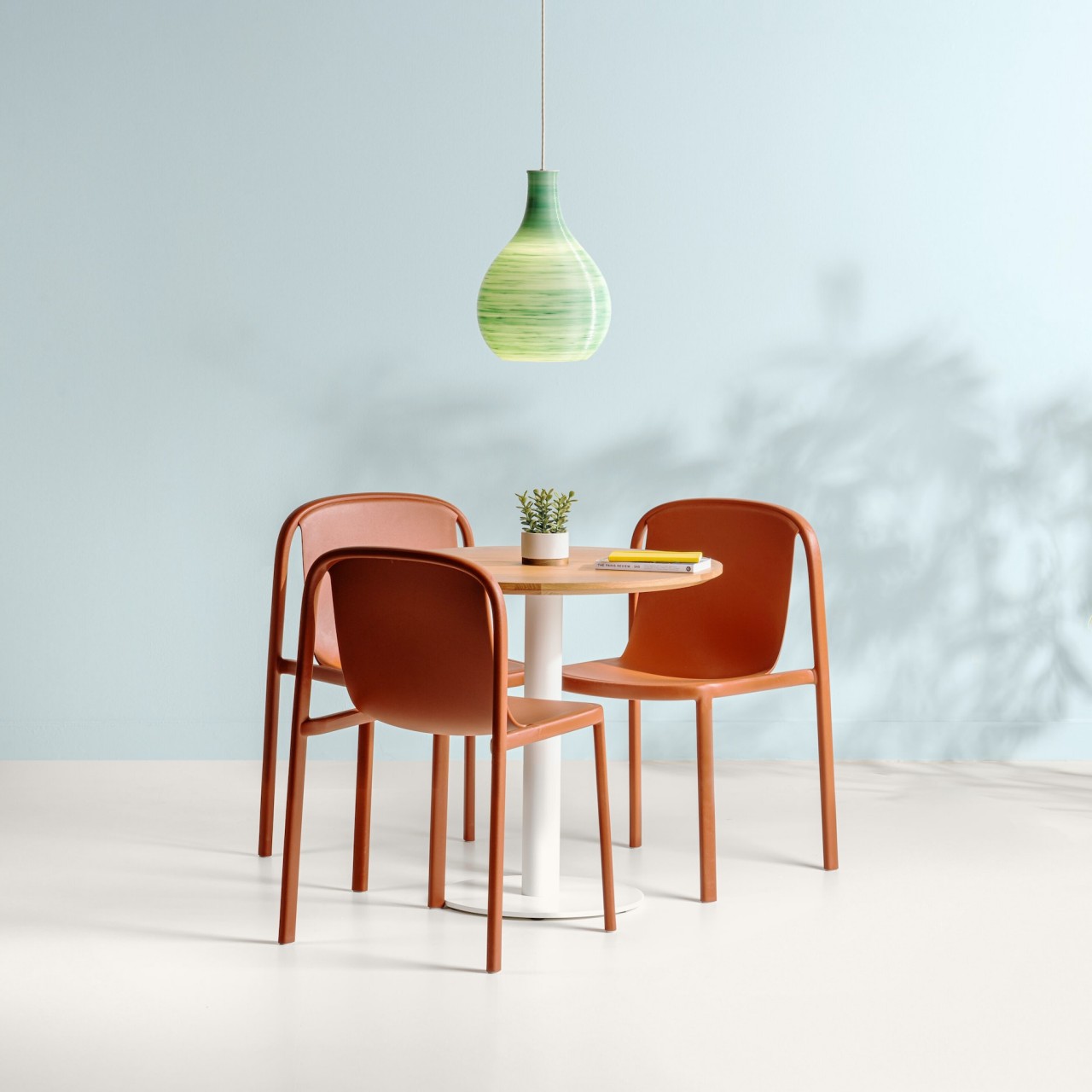
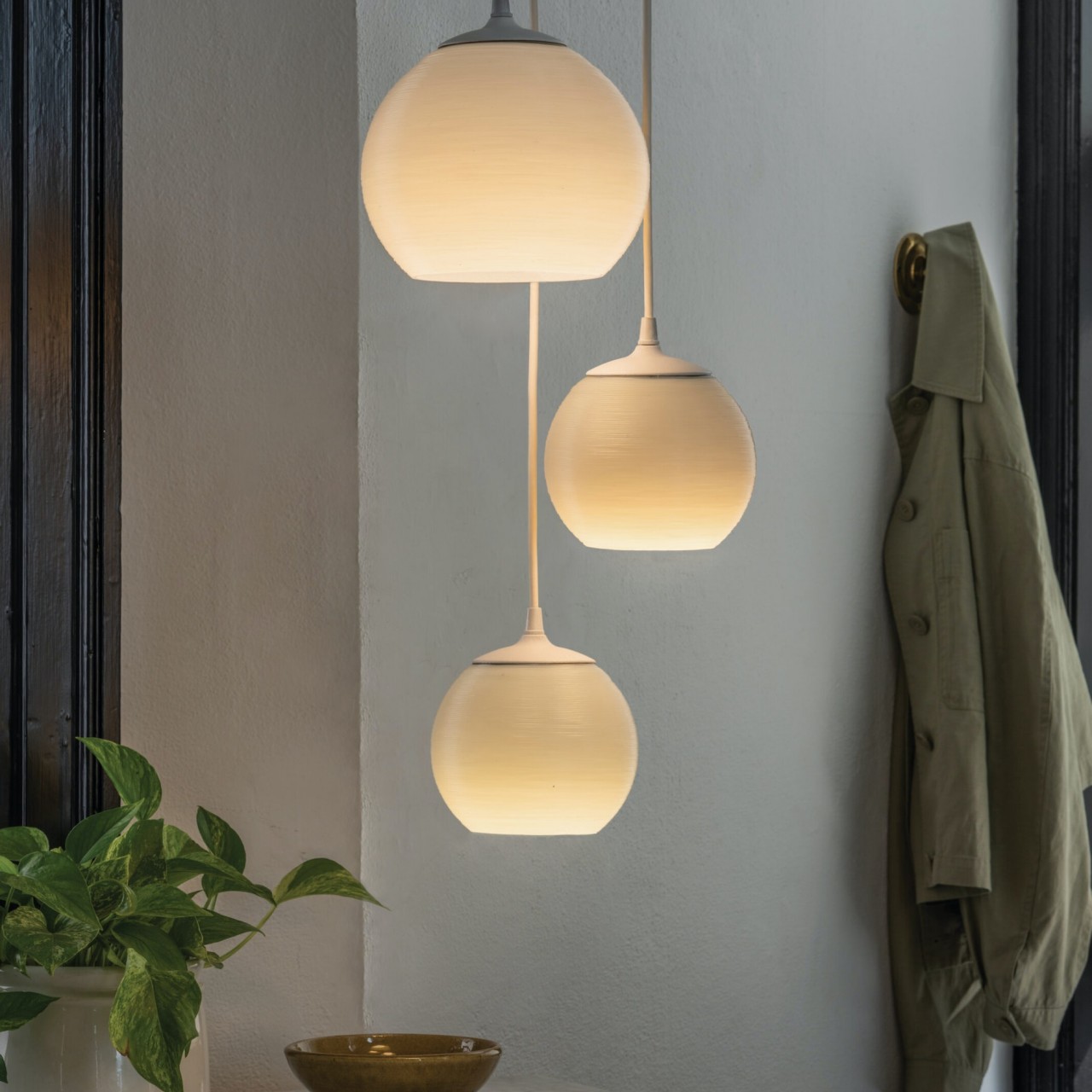
The post 3D-printed pendant lamps spin beauty out of recycled ocean plastic first appeared on Yanko Design.
from Yanko Design

0 Comments